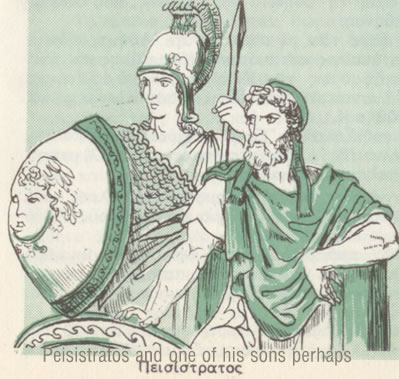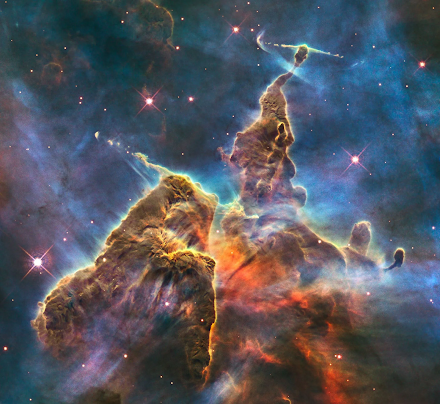In Kant's writings, he advocates for near universal morality and ethics and a "kingdom of ends" where the intent of one's moral code is of the highest importance, where nothing can be justified unless its morally upright a priori, however his idea of universal morality means all cultures must ascribe to the same moral code as anyone else, Nietzsche however believed moral codes change over the course of time and also believed in the concept of a "higher man" as he believed "god is dead", a society of aristocratic tyrants who ruled over lesser men and morality had no fixed point of what was deemed "good" or "bad" by society, henceforth I've united both in common with the idea that not only is morality universal, but ever changing, as systematic and codified as Kant's system but with a society of only "higher men" as Nietzsche envisioned. This would make things: systematic, universal, turbulent and tyrannical. Not sure if I'd want to live in such a system but it would be interesting.
1. universality: all morals/ethics would be based around universally accepted principles based on intentional acts, such as "don't kill", "don't steal", and the consequences would be just, as considering the act is good in itself and for all people
2. systemizing: everything would be organized around basic laws of natural science, "everything has its place" and labeled accordingly for use, or disuse in our daily environment
3. turbulence: morals while being universal, would depend on their usefulness for the time period given, and changed globally, to suit the given acts serve the purpose of being intentionally "right" acts and justified by being "good" on intention only
4. tyranny: society would be a kingdom of ends for the higher man, those who abscribe to the universality of ever-changing intentional acts for the those of the lower men to serve
However....
5. (addendum) This can also mean that everyone must operate on a universal set of ethics that are based on pride and power, for all people at all times, a society without slaves or slave morality, a universal, global order of power and individual pride, based on intentional acts through the idea that people are ends in themselves, meaning that all people have value, and show that value through acts of vigor and individual accomplishment.
-J/Adolf Stalin



Comments
Post a Comment